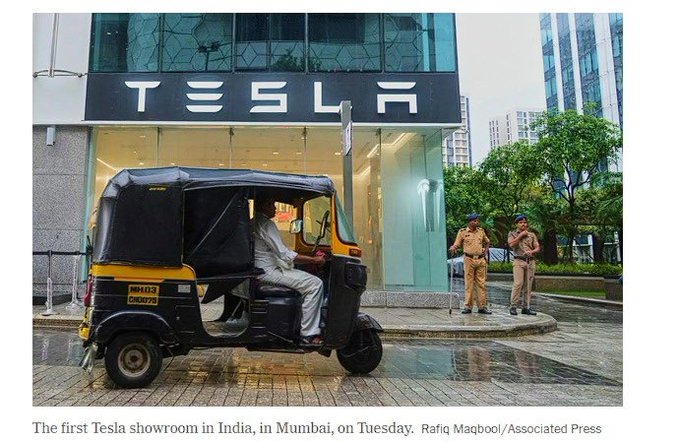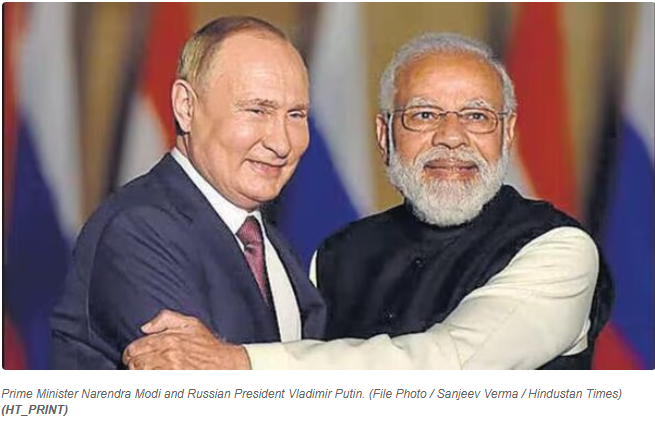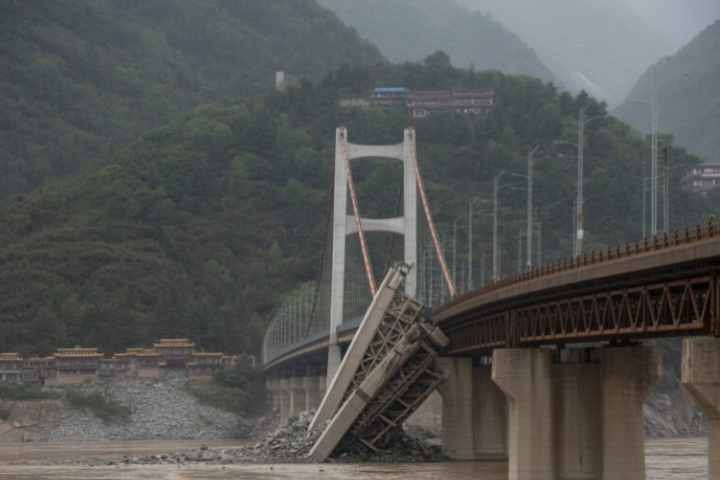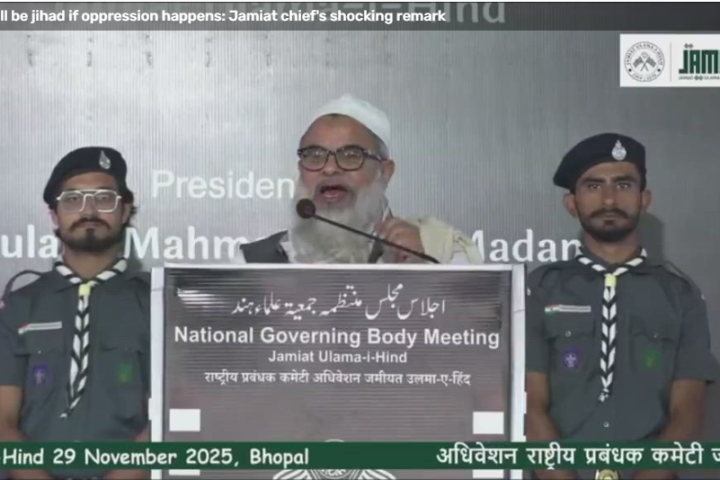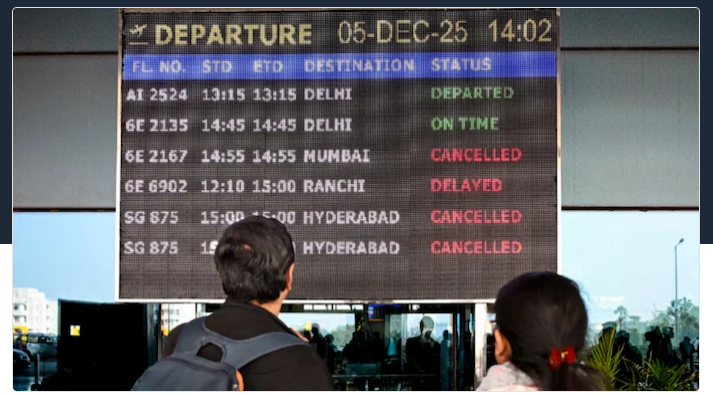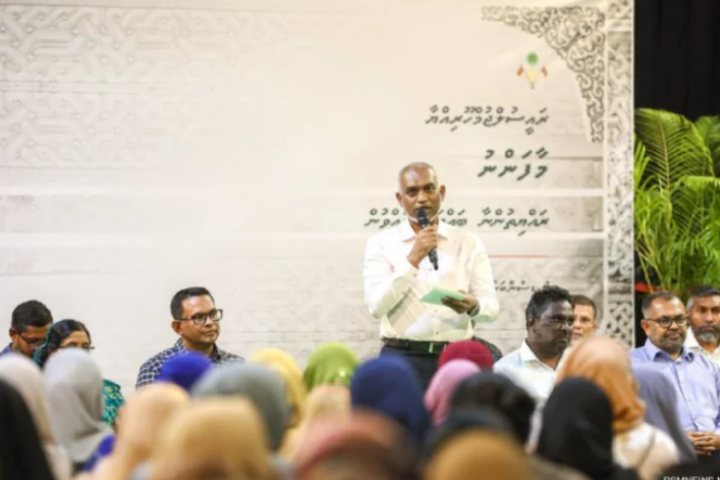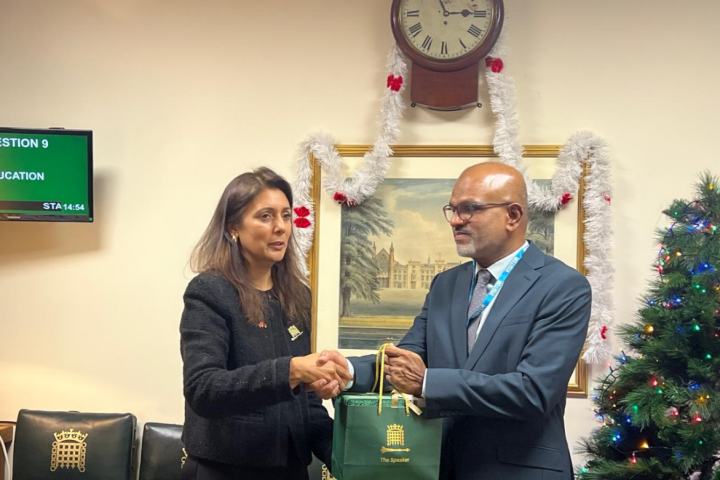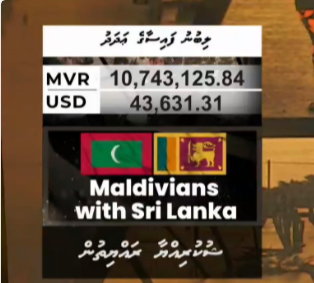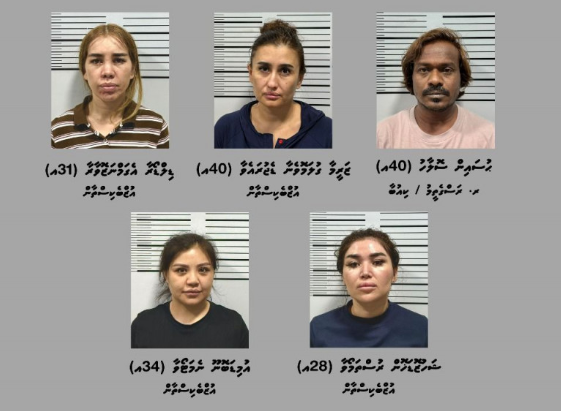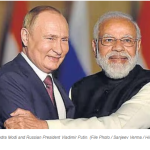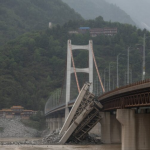MUMBAI — As India proudly marked the opening of Tesla’s first showroom in Mumbai on Tuesday, a gleaming symbol of the nation’s rising technological prowess, Western media once again resorted to its tired playbook of reductive stereotyping. A photograph by Associated Press photographer Rafiq Maqbool, widely circulated, foregrounds a humble autorickshaw against the sleek Tesla storefront, a choice that reeks of deliberate sensationalism rather than journalistic integrity.
This is not reporting; it is a calculated attempt to diminish India’s ascent by clinging to outdated narratives of poverty and tradition, ignoring the country’s bold strides in electric vehicle (EV) innovation and economic growth. India, a global leader in sustainable technology, has every reason to celebrate this milestone.
With EV sales surging 28.6% in June alone, according to the Federation of Automobile Dealers’ Associations, and a robust network of 12,146 public charging stations as of February 2024—led by Maharashtra—the nation is poised to redefine the global automotive landscape.
Prime Minister Narendra Modi’s recent engagement with Tesla CEO Elon Musk underscores a forward-thinking partnership, one that promises to harness India’s youthful workforce and burgeoning market for a greener future. Yet, Western outlets, including those quick to amplify this image, seem more intent on mocking India’s journey than acknowledging its achievements.
The Associated Press’s framing, seized upon by critics like senior journalist Sudhir Chaudhary, exposes a deeper malaise in Western media. Rather than highlighting Tesla’s entry as a testament to India’s appeal to global innovators—despite high import duties that Musk himself has flagged as a challenge—the focus shifts to an autorickshaw, a cultural icon reduced to a prop for Western condescension.
Western media knows how to click a picture and frame a narrative.
Tesla opens its first showroom in India but NYT shows an autorickshaw in the foreground. Not the EV. Not the tech. Just the stereotype.
They hate seeing India lead in EVs, UPI, software & space. Rising India 🇮🇳… pic.twitter.com/hWZGul1F19— Sudhir Chaudhary (@sudhirchaudhary) July 20, 2025
This is not an isolated incident. From mocking India’s climate change stance to perpetuating colonial attitudes, as noted by the IMPRI Impact and Policy Research Institute, Western media consistently fails to adopt a nuanced, fact-based approach to the Global South.
Yet, amid the criticism, a counterpoint emerges that offers a refreshing perspective. Siddharth R Mayur, on X, reframed the image as a celebration of India’s “great unity in diversity.”
He noted, “For me this is a picture of the great unity in diversity, India being the largest 3-Wheeler market is also on its way to become one of the largest markets for EVs, a proof that @Tesla decided to set up a [showroom].”
This interpretation highlights a truth Western media overlook: the autorickshaw, a symbol of India’s largest three-wheeler market dominated by Bajaj Auto, coexists with the nation’s EV ambitions, reflecting a harmonious blend of tradition and progress.
India’s narrative is one of resilience and progress. The country’s EV policy, offering reduced import duties and incentives, has paved the way for Tesla’s debut, with plans to expand into a market hungry for premium electric vehicles.
Maharashtra Chief Minister Devendra Fadnavis hailed the opening as a “statement” of Tesla’s arrival in the right state, reflecting India’s strategic positioning. Meanwhile, Western media’s obsession with stereotypes—evident in this image’s viral spread—only highlights its disconnect from a nation that leads in UPI digital payments, space exploration, and now, potentially, EV adoption.
It is time for Western media to shed its bias and engage with India’s reality: a dynamic economy where tradition and innovation coexist, not as contradictions, but as strengths. Until then, the world will see through the lens of truth—India rising, undeterred by the distortions of foreign presses, and embracing its multifaceted identity with pride.
